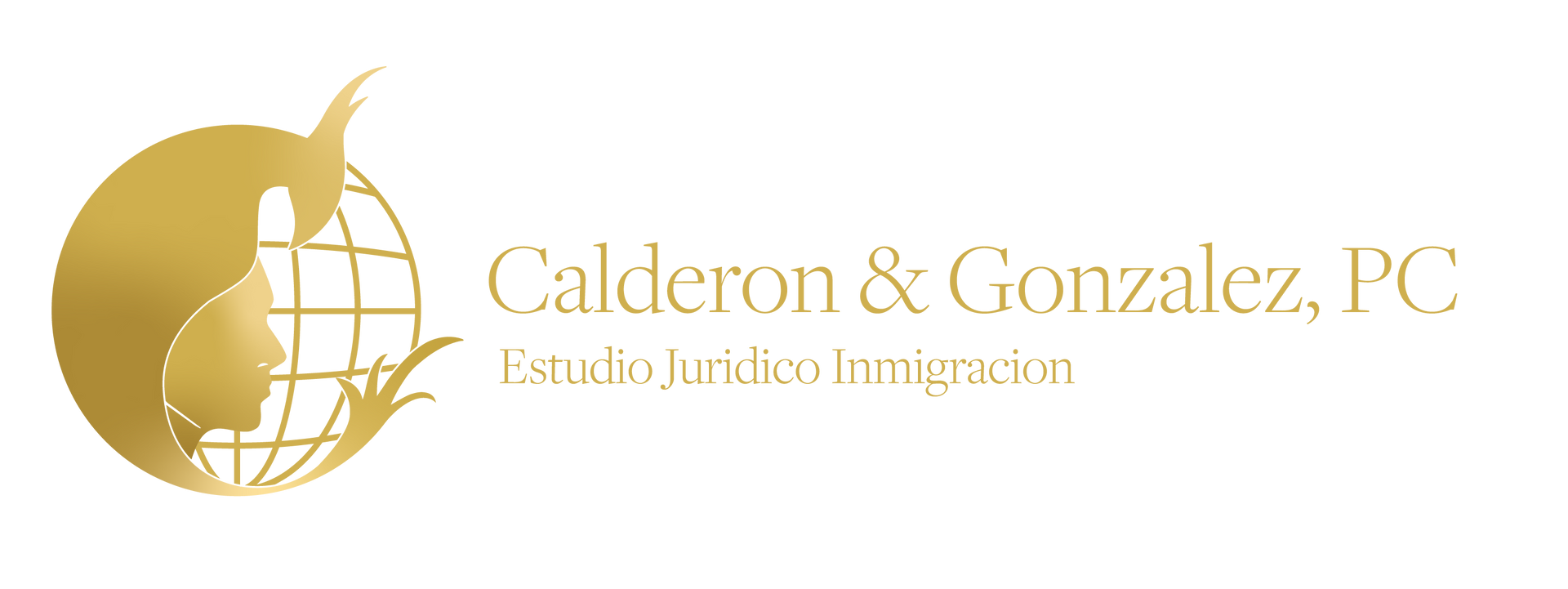Understanding Your Child's Right to Education
Back-to-school season often brings excitement and anxiety, and for immigrant families, this time can be particularly stressful due to the complexities of enrollment. It's important to remember that all children, regardless of their immigration status, have a right to a free public education. This assurance comes from the Supreme Court ruling in Plyler v. Doe, which applies to all public schools across the United States.
Diverse Forms of Proof of Residency
When enrolling your child, schools typically ask for proof of residency. Fortunately, this does not mean showing onerous documents. Schools must accept a range of documents such as utility bills, lease agreements, rent receipts, or even a letter from your employer. Critically, these requirements must be consistently applied to all families, ensuring fairness and accessibility.
Flexible Proof of Age Requirements
While schools may request proof of your child's age, you don't need to have a U.S. birth certificate. They are required to accept alternatives including hospital records, adoption documents, religious records, or a foreign birth certificate. This flexibility helps ensure that your child can start their education without unnecessary barriers.
No Immigration Documentation Needed
One of the biggest reassurances is that no immigration documents are required at any point for school enrollment. Schools cannot ask for a green card, visa, Social Security number, or proof of citizenship, ensuring that immigration status does not impede a child's access to education.
Special Protections for Homeless Students
For families experiencing homelessness, the McKinney-Vento Act provides special protections. It entitles students to immediate enrollment without the standard documentation, ensuring that transient living conditions do not disrupt a child's education journey.
At a time when many families face uncertainty, it's crucial to know that there are rights and protections to support your child's education. You are not alone in this journey. Share this information with others who might benefit from it, and remember that if you encounter any barriers during enrollment, reaching out to a local school district, attorney, or immigrant advocacy organization can provide further assistance. Your child’s education is a significant step toward creating a stable and successful future, and support is available every step of the way.
